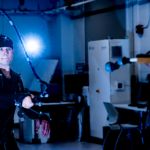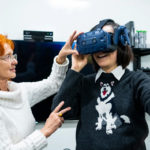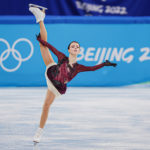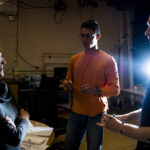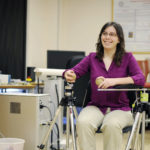About Dagmar Sternad
The central interest of research in the Action Lab is the control and coordination of goal-directed human behavior. What organizational principles are at work when generating functional perceptually guided movements? The theoretical framework that pervades our studies interprets the actor in the environment as a dynamical system, which is high-dimensional, nonlinear, and capable of producing coordinated and adaptive behavior. More specifically, Prof. Sternad’s research agenda focuses on single- and multi- joint human movements in perceptually specified tasks. Her lab pursues a three-pronged research strategy consisting of: (1) an empirical component with behavioral experiments on human subjects, (2) theoretical work which develops mathematical models for movement generation on the basis of coupled dynamical systems, and (3) brain imaging studies that investigate the cerebral activity accompanying movement. More recently, Prof. Sternad’s lab has extended these experimental paradigms to neurological disorders such as Parkinson’s disease and the elderly.
Motor skills such as throwing a ball, eating with knife and fork or dancing are uniquely human and key to functional behavior. Optimizing the acquisition and preventing or reverting the degradation of skill requires a rigorous quantitative understanding. The Action Lab analyzes how human neurophysiology and task mechanics constrains sensorimotor skills and their change. This work has applications for and performance enhancement and recovery after neurological injury.
Publications:
-
PublicationsRead

